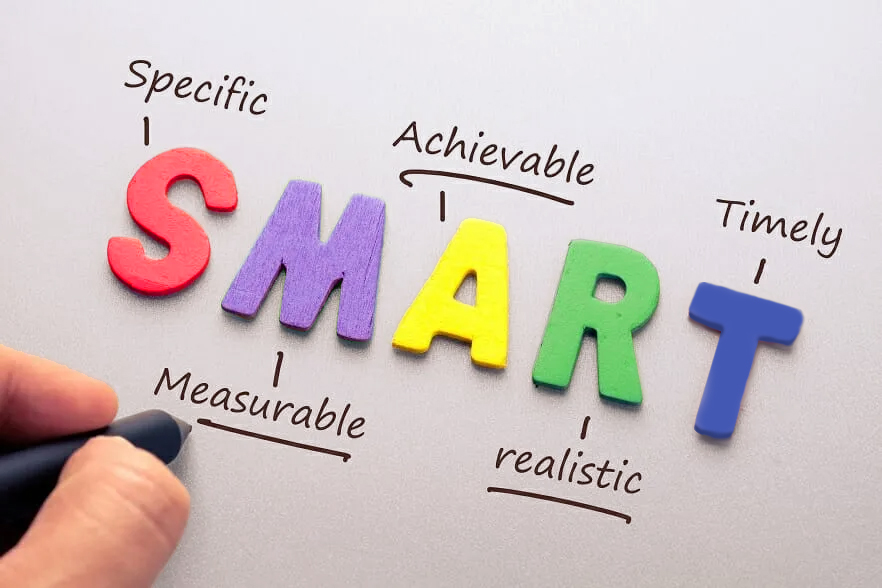Are you a goal setter? Many people start goals at the beginning of the year or new month, but less than half stick to their resolutions. Why the low success rate? In order to understand how to make goals successful, we need to first understand why they fail.
Reasons people fail to achieve goals:
- Fear of success and/or failure (many people are afraid they’ll fail, so they don’t try)
- Lack of understanding about the goal-setting process (oftentimes, people try to be too rigid and expect themselves to be perfect)
- Lack of commitment to the goal (people may burn out and lose motivation quickly if their goal is too difficult)
- Inactivity (setting a goal is only the first step; taking steps toward the goal is most important)
- Lack of realistic expectations (people lose their motivation with goals because they often lack clarity or don’t set realistic expectations)
- Failing to plan (trying to do it on your own or alone without help oftentimes leads to failure)
- Having too many goals (trying too many changes at one time sets one up for failure)
With this information, setting goals becomes easier. If you use the SMART formula for goal setting, you can achieve anything you put your mind to.

- SPECIFIC – pinpoint exactly what you want to achieve; clarity breeds success
- MEASURABLE – Set measurable goals; you can see your progress when your goals are objective
- ACHIEVABLE – Keep your goals small and achievable; a little progress adds up to big results in time
- REALISTIC – Realistic goals can be achieved, keep your goals within your abilities
- TIMELY – Don’t put off what you can do today; set time frames for when you want to achieve your goals, but remember to be flexible with those time frames (sometimes it takes more or less time than we expect to accomplish a task)
Now that we’ve discussed generalized goal setting, let’s apply it to someone with selective mutism. How can you make this your best year? Using the SMART formula, plugin selective mutism related items.
- SPECIFIC: Say “hi” to an unfamiliar person
- MEASURABLE: set 7 days of smaller goals to reach big goal
- ACHIEVABLE: day 1: make eye contact with an unfamiliar person; day 2: nod to an unfamiliar person; day 3: smile at an unfamiliar person; day 4: repeat day 3 for consistency; day 5: wave at an unfamiliar person; day 6: repeat day 5; day 7: whisper “hi” to an unfamiliar person in passing
- REALISTIC: Don’t try to say “Hi” to an unfamiliar person on day one, work up to the hard stuff
- TIMELY: give yourself time to reach your goal(s)
This example might not fit your specific needs or abilities. Maybe you’re already saying hi to strangers but have difficulty with people you know. In that case, you could change the goals to be a “familiar” person rather than unfamiliar. Although, it’s often easier to talk to a stranger because the unfamiliar person has no expectations of you. They don’t know your struggles and haven’t labeled you as “different.” Saying hi to them seems normal on their end which reduces the stress of the person with anxiety.
Whatever your life goals, remember to start small and build gradually. This is the key to success. And know you’re not alone, there are others suffering right now with their own struggles. If you offer patience to them, they may return the favor. I wish you the best of luck in your endeavors!